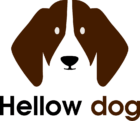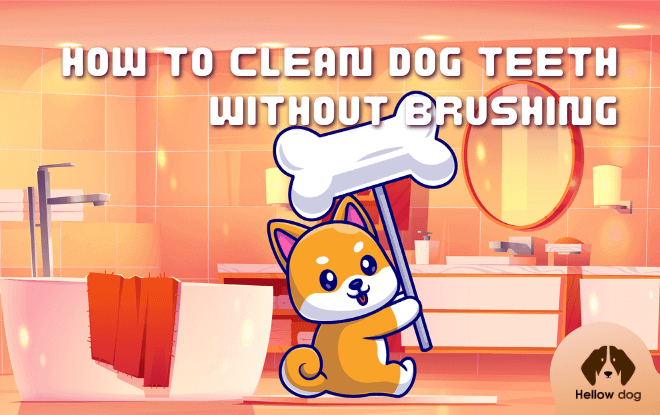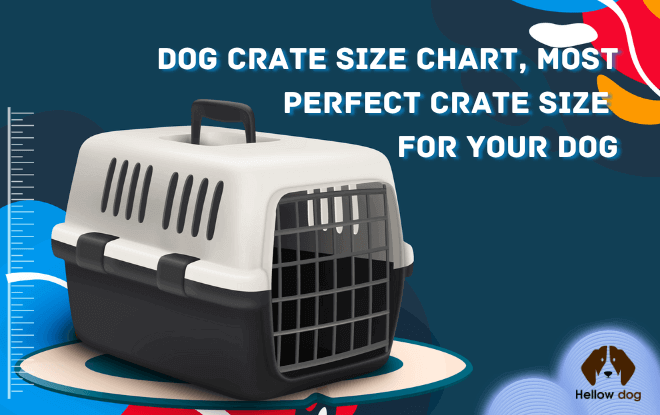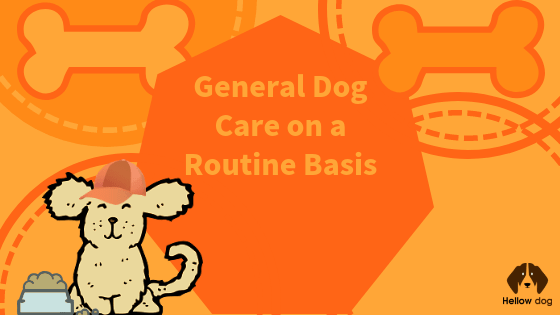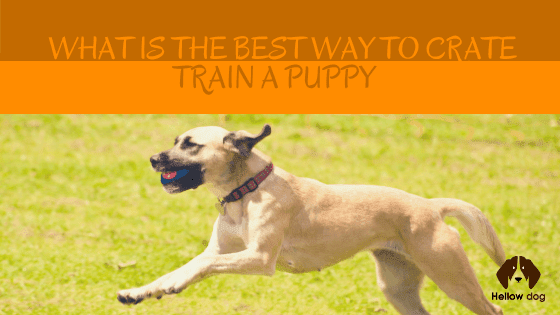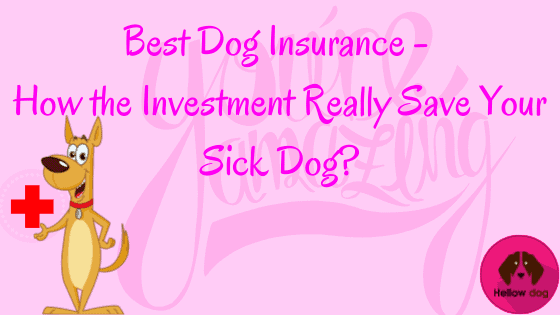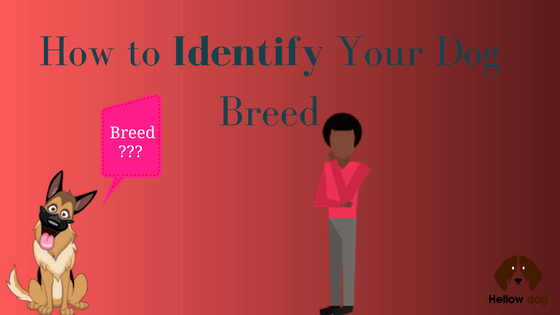Maintaining good oral hygiene is crucial for the overall health and well-being of your furry friend. Just like humans, dogs need regular dental care to prevent dental diseases and other health issues. However, brushing your dog’s teeth can be a challenging task, especially if your pet is not used to it.
In this article, we’ll share with you some effective ways to clean your dog’s teeth without brushing. These techniques will help you maintain your dog’s oral hygiene without causing any discomfort to your furry friend.
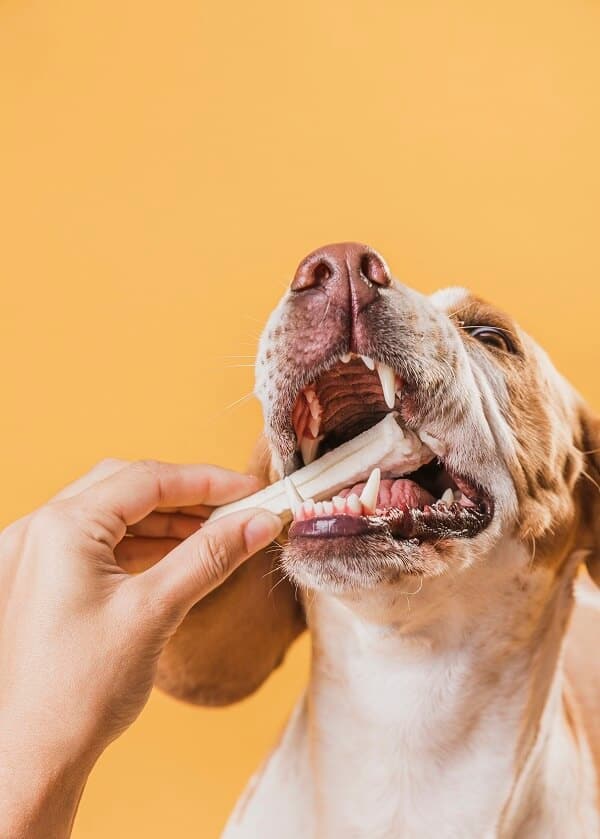
Dental Chews and Bones:
Dental chews and bones are a great way to keep your dog’s teeth clean and healthy. These chews and bones are specially designed to scrape away the plaque and tartar from your dog’s teeth, reducing the risk of dental diseases. They come in different sizes, flavors, and textures to suit your dog’s preference. Make sure to choose a high-quality product that is safe for your pet to consume.
Water Additives:
Are an excellent option for dogs that don’t like to chew on dental chews or bones. These additives can be added to your dog’s drinking water, and they work by reducing the bacteria that cause bad breath and dental diseases. They are easy to use and can be a great way to maintain your dog’s oral hygiene.
Dental Wipes:
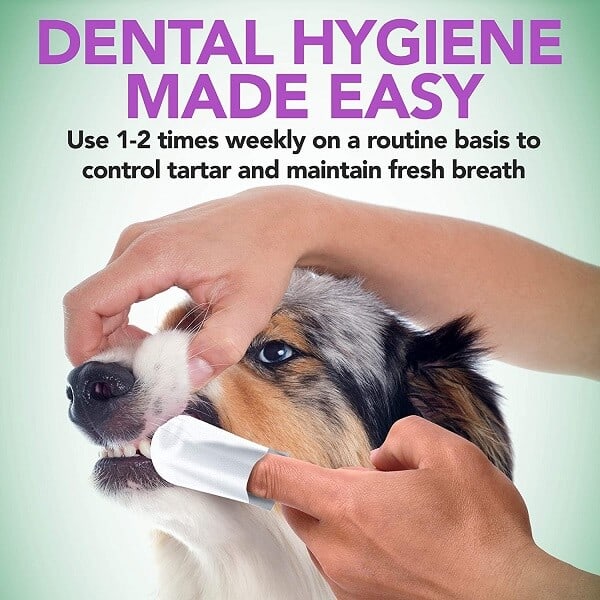
Are another effective way to clean your dog’s teeth without brushing. These wipes are made from soft materials that are gentle on your dog’s gums and teeth. They work by wiping away the plaque and tartar from your dog’s teeth, reducing the risk of dental diseases. They are easy to use and can be a great option for dogs that don’t like to have their teeth brushed.
Oral Sprays:
are another convenient way to maintain your dog’s oral hygiene. These sprays are designed to reduce the bacteria that cause bad breath and dental diseases. They work by spraying a mist of anti-bacterial agents into your dog’s mouth, killing the bacteria and freshening up their breath. They are easy to use and can be a great option for dogs that don’t like to chew on dental chews or bones.
Raw Diet:
A raw diet can also help to keep your dog’s teeth clean and healthy. Raw foods are rich in natural enzymes, which can help to break down the plaque and tartar on your dog’s teeth. They also promote healthy chewing, which can help to strengthen your dog’s teeth and gums. However, it’s essential to consult your vet before switching to a raw diet to ensure that it is suitable for your dog’s health needs.
FAQs:
Q1. Are there any risks associated with dental chews and bones?
A1. Yes, there can be some risks associated with dental chews and bones. These products can cause choking, intestinal blockages, or tooth fractures if they are not used correctly. Make sure to supervise your dog while they are chewing on these products, and choose the appropriate size and texture for your dog’s breed and size.
Q2. Can water additives replace brushing my dog’s teeth?
A2. No, water additives cannot replace brushing your dog’s teeth entirely. While they can help to reduce the bacteria that cause bad breath and dental diseases, they are not a substitute for brushing your dog’s teeth. Regular brushing is still the best way to maintain your dog’s oral hygiene.
Q3. How often should I clean my dog’s teeth?
A3. It’s recommended to clean your dog’s teeth at least 2-3 times a week. However, the frequency may vary depending on your dog’s breed, age, and dental health. Regular dental checkups with your veterinarian can help you determine the best dental care routine for your furry friend.
Q4. Can dental wipes cause any harm to my dog’s teeth?
A4. Dental wipes are safe for dogs, and they do not cause any harm to their teeth if used correctly. However, if you notice any signs of discomfort or irritation, it’s essential to stop using the wipes and consult your vet.
Q5. Can a raw diet lead to dental issues in dogs?
A5. A raw diet can be beneficial for your dog’s dental health, but it can also cause dental issues if not balanced properly. A raw diet that is high in acidic foods can erode your dog’s teeth, leading to dental problems. It’s essential to consult your vet before switching to a raw diet and ensure that it is balanced and suitable for your dog’s health needs.
Conclusion
Maintaining good oral hygiene is essential for your dog’s overall health and well-being. Regular dental care can prevent dental diseases, bad breath, and other health issues. In this comprehensive guide, we have shared with you some effective ways to clean your dog’s teeth without brushing. From dental chews and bones to water additives and oral sprays, there are several options to choose from. Remember to consult your veterinarian and choose the appropriate products that are safe and suitable for your furry friend’s health needs.
